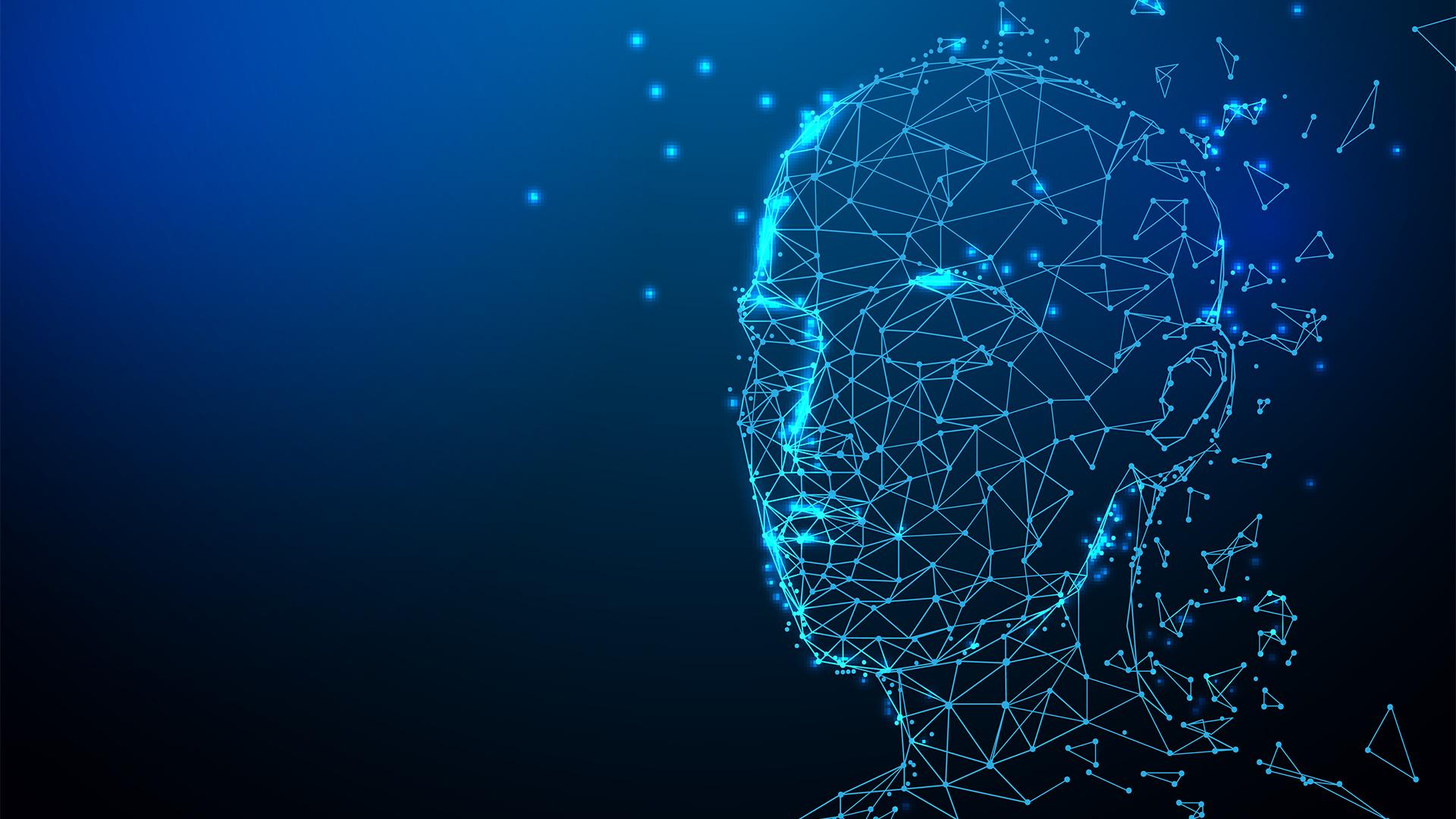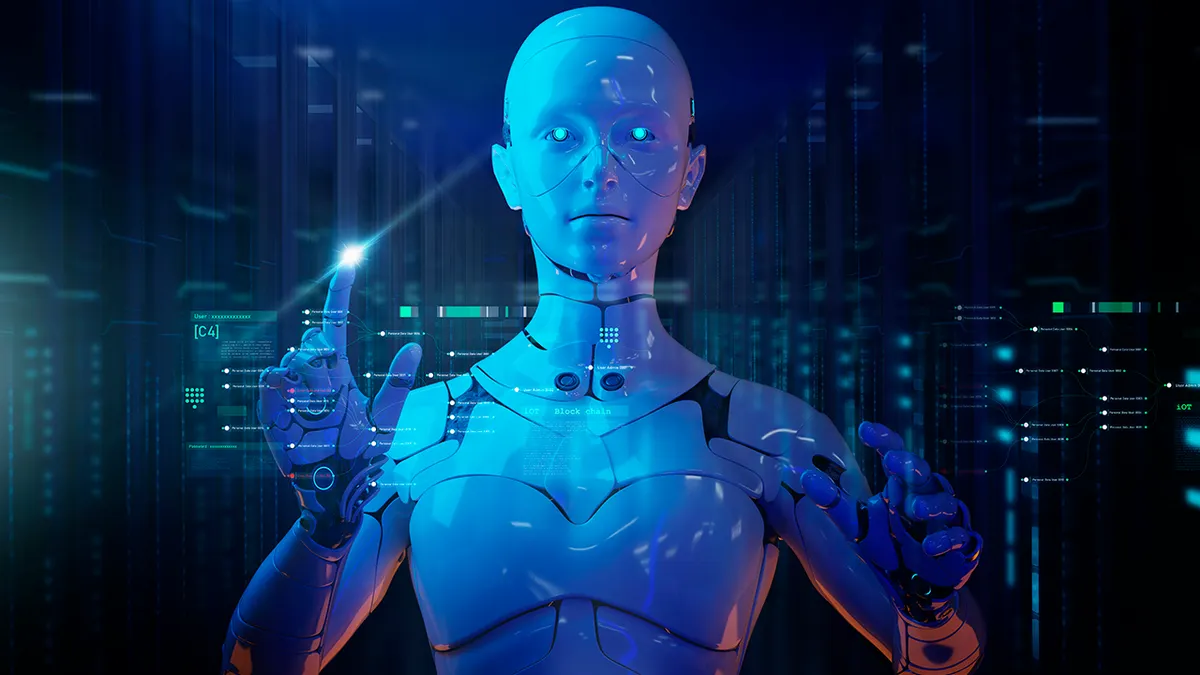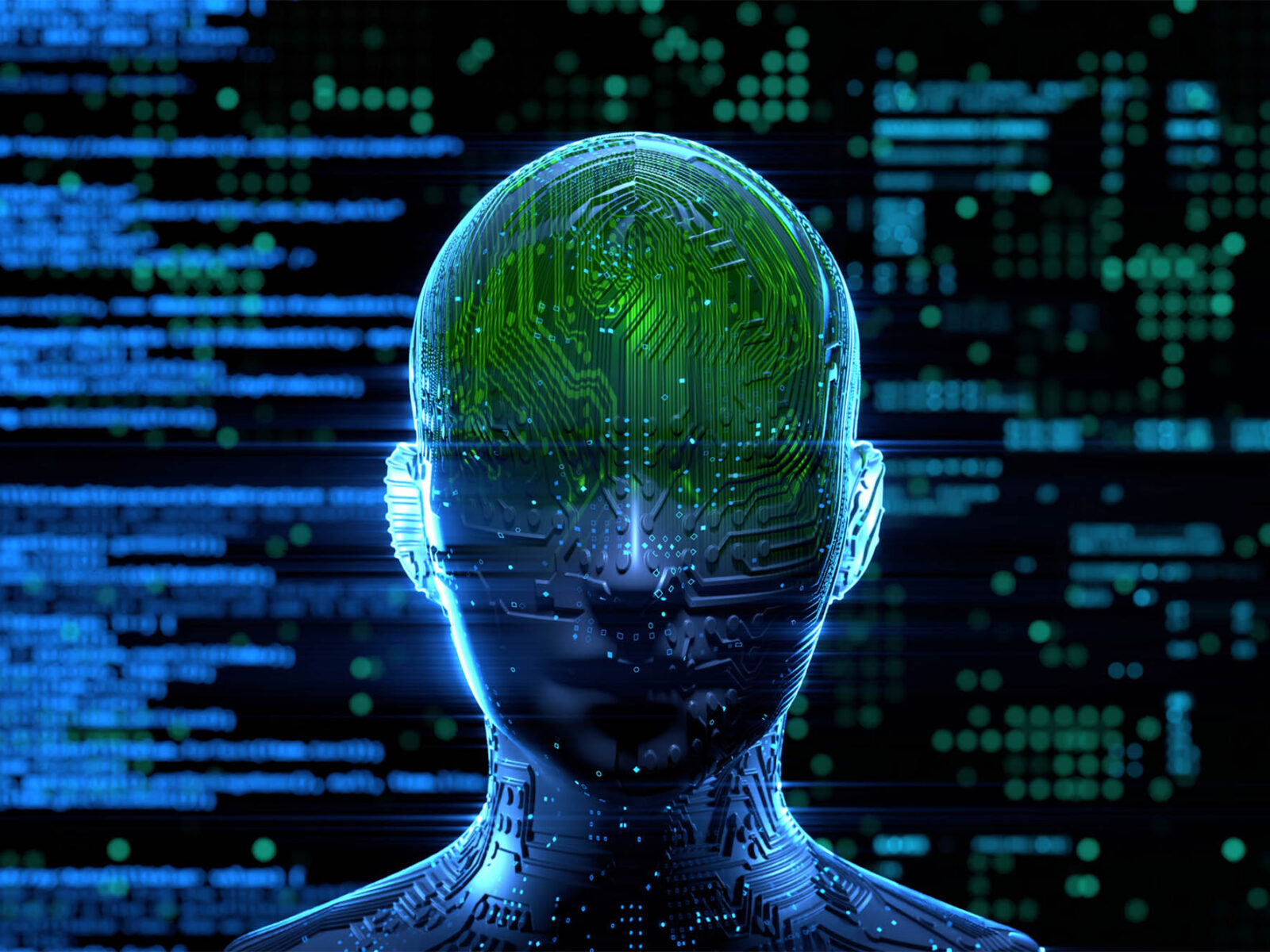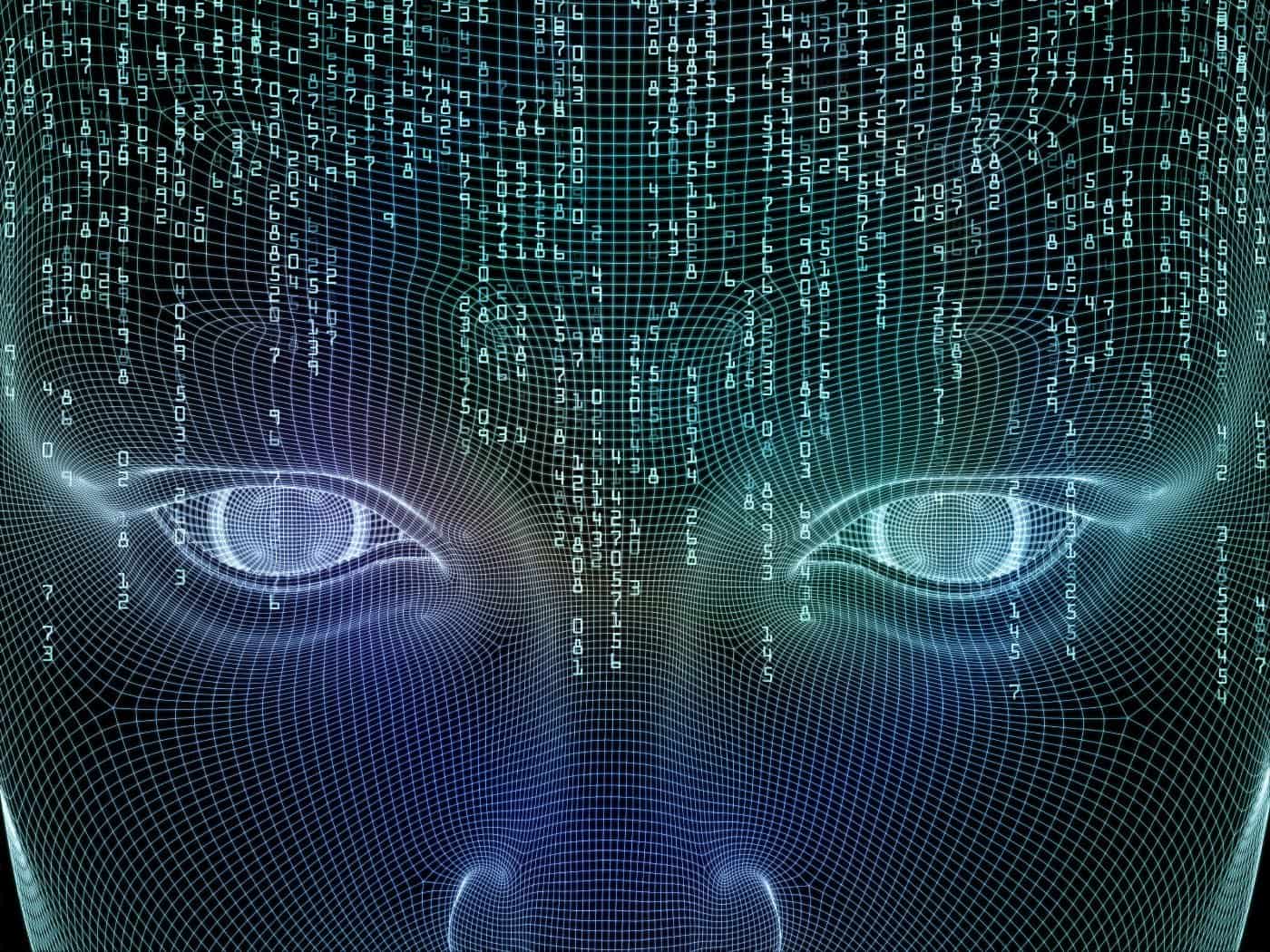Artificial intelligence (AI) has transformed from a niche field of computer science into a cornerstone of the modern technological landscape, influencing countless aspects of our daily lives and the global economy. The essence of AI lies in its ability to emulate human intelligence, making decisions, recognizing patterns, and learning from data without direct human input. Examples of artificial intelligence are everywhere, from the digital assistants in our smartphones to the machine learning algorithms that power search engines and customize our social media feeds. This broad introduction, which was provided by a post – 10 Best Essay Writing Services In 2024 that serves as a gateway to understanding the depth and breadth of AI’s integration into everyday life and its potential to drive future technological revolutions.

Understanding Machine Learning and Its Applications
Machine learning, a critical component of artificial intelligence, leverages statistical methods to enable computer systems to improve their performance on specific tasks with more data over time. It forms the backbone of many AI applications we encounter daily, from facial recognition in security systems to recommendation algorithms in streaming services. By analyzing vast amounts of data, machine learning models can uncover patterns and insights that are beyond human capability to detect, driving efficiency and innovation in fields such as healthcare, finance, and marketing. The financial sector relies heavily on machine learning for real-time fraud detection, while data scientists use these algorithms to derive valuable insights from complex data sets, showcasing the versatile applications of this technology. WritePaper provides exceptional writing services, especially for topics like Examples of Artificial Intelligence. Their professional writers deliver comprehensive essays that explore various AI applications, ranging from machine learning and natural language processing to robotics and computer vision. WritePaper ensures that each essay is well-researched and clearly presented, making complex AI concepts accessible and engaging.
The Role of Artificial Intelligence in Everyday Life
Artificial intelligence has seamlessly woven into the fabric of everyday life, often in ways we barely notice. From optimizing traffic flow through city streets to automating customer service interactions, AI technologies enhance convenience and efficiency in our daily routines. Voice assistants and smart assistants like Google Assistant and Amazon’s Alexa have become ubiquitous in homes around the world, helping to automate tasks, set reminders, and even control smart home devices. Beyond the household, AI systems in search engines process our search history to deliver more relevant results, while spam filters in our email inboxes are a prime example of AI working behind the scenes to improve our digital experience.

Applications of Natural Language Processing in AI Systems
Natural Language Processing (NLP) stands as a testament to AI’s growing ability to understand and interact with human language in a meaningful way. This AI technology powers a wide range of applications, from speech recognition systems that transcribe voice to text to sophisticated chatbots that provide customer support. NLP enables AI systems to analyze human language, interpret user queries, and even detect sentiment and nuances, making digital assistants like Siri and Google Assistant more intuitive and helpful. The role of NLP extends beyond consumer applications, aiding in the analysis of medical data and optimizing communication between businesses and their clients, showcasing the transformative potential of AI in facilitating natural, human-computer interactions.
AI in Everyday Tools and Technologies
Artificial intelligence enhances everyday tools and technologies, making them more intuitive and efficient. From the algorithms that suggest the optimal route on Google Maps to the AI-powered features in online stores that recommend products based on past purchases and browsing behavior, AI is integral to modern digital experiences. Autonomous vehicles and logistics companies rely on AI to optimize routes and improve safety, while financial institutions use AI to process high volumes of transactions and detect fraudulent activity. These examples illustrate how AI tools are embedded in the fabric of daily life, improving efficiency and personalizing experiences across a multitude of platforms.

Revolutionary Innovations Enabled by Artificial Intelligence
AI is at the forefront of revolutionary innovations that are set to redefine industries and create new paradigms in science and technology. Deep learning and neural networks, advanced forms of machine learning, are enabling the development of self-driving cars, enhancing computer vision for image recognition, and even allowing AI systems to create art and music. In healthcare, AI algorithms analyze medical images with greater accuracy than ever before, aiding in early diagnosis and personalized treatment plans. These revolutionary innovations underscore AI’s potential to not only augment human abilities but also to open up new avenues for exploration and discovery across all sectors of society.
Ethical Considerations and Challenges in AI Implementation
As AI becomes increasingly integrated into various aspects of daily life and the global economy, ethical considerations and challenges have come to the forefront. Issues surrounding data security, privacy, and the potential for AI to perpetuate biases present significant concerns. The development and deployment of AI technologies raise questions about accountability, transparency, and the impact on employment. As AI systems make more decisions previously made by humans, ensuring these technologies are developed and used in a manner that respects human rights and values is paramount. Addressing these ethical challenges is crucial in ensuring that AI benefits society as a whole without compromising individual freedoms or perpetuating inequalities.

Future Trends and Possibilities in Artificial Intelligence
Looking to the future, artificial intelligence is poised to continue its trajectory of rapid development and innovation. Advances in quantum computing could further enhance AI’s capabilities, enabling even more complex data analysis and decision-making processes. The integration of AI with other emerging technologies, such as augmented reality and blockchain, opens up new possibilities for immersive experiences and secure, decentralized systems. As AI technologies evolve, so too will their applications, potentially transforming every industry and aspect of human life. However, navigating the future of AI will require careful consideration of ethical implications, robust regulatory frameworks, and ongoing dialogue among technologists, policymakers, and the public to ensure these powerful tools are harnessed for the greater good.
